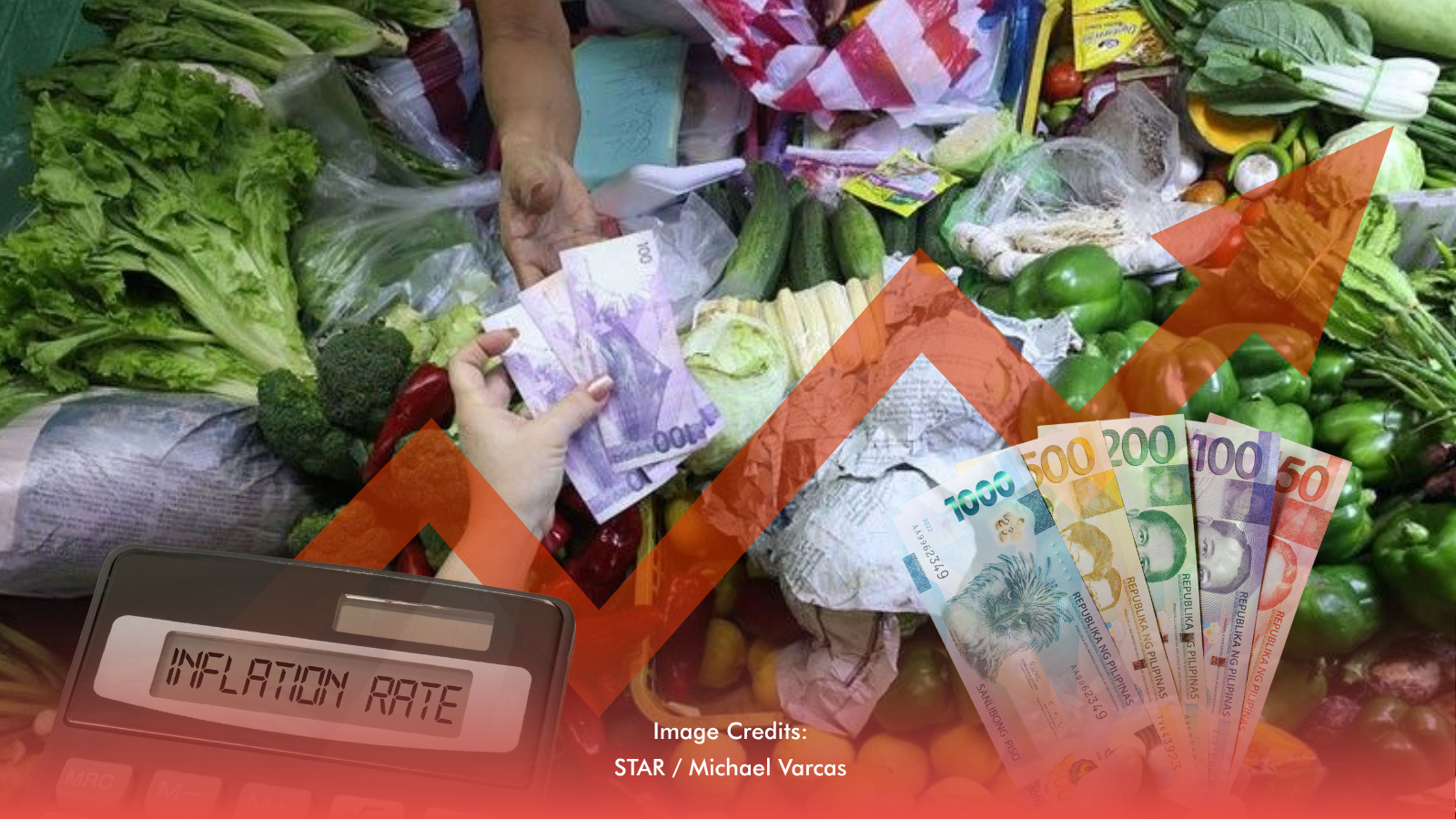Despite a slight decline, inflation remains the most urgent national concern for Filipinos, with 62% of respondents in Pulse Asia’s June 2025 Ulat ng Bayan survey citing it as their top worry. This reflects continued anxiety over the rising costs of food, fuel, and other basic necessities.
However, the clamor for higher wages is gaining ground—jumping by 17 points from the previous quarter to 51%, making it the second most urgent national concern. Other issues such as poverty reduction (26%), job creation (25%), and fighting corruption (24%) trail far behind.
The survey also reinforces public sentiment on what President Ferdinand “Bongbong” Marcos Jr. should address in his upcoming fourth State of the Nation Address (SONA): not just inflation, but the broader struggle of making ends meet in an increasingly expensive economy.
Beyond Money: Staying Healthy and Earning Secure Jobs
On the personal front, Filipinos are most concerned about their health. Sixty-four percent of respondents named staying healthy as their top personal issue, even surpassing the desire to own a home or secure food. This highlights how post-pandemic health anxieties continue to shape everyday priorities.
Key personal concerns include:
- * Staying healthy (64%)
- * Having a secure, well-paying job (53%)
- * Building savings (45%)
- * Personal food security
- * Owning a house and lot (23%) – the least cited concern
Interestingly, different classes and regions show different anxieties: Class E focuses more on food and savings, while higher-income classes prioritize financial security.
Public Confidence in Government Action Remains Low
Despite these clear demands, many Filipinos remain dissatisfied with the government’s performance. Two-thirds (66%) disapprove of how the Marcos administration is handling inflation.
Other disapproval ratings include:
- * Poverty reduction (54%)
- * Fighting corruption (50%)
- * Wage increases (48%)
- * Addressing hunger (40%)
Still, the administration receives majority approval in some areas, particularly:
- * Disaster response (63%)
- * Welfare of OFWs (62%)
- * Support for farmers (53%)
Behind the statistics are stories—of parents struggling to put food on the table, workers fighting for fair pay, and families worried about health expenses. As SONA approaches, it’s not just about policies on paper—it’s about changing lives on the ground.








